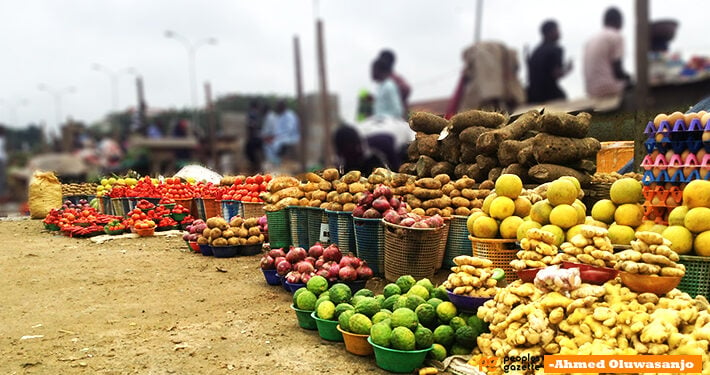The Federal Government has announced a decline in food prices and increased crop production nationwide, according to the 2025 Agricultural Performance Survey. Minister of Agriculture and Food Security, Senator Abubakar Kyari, stated in a Wednesday press release that staple crops like rice, maize, sorghum, millet, cowpea, yam, and cassava showed higher yields compared to 2024. The drop in food prices across all zones was attributed to improved supply, government interventions in input support, extension services, and mechanization.

Kyari praised the National Agricultural Extension and Research Liaison Services, Ahmadu Bello University, and the Ministry’s technical departments for setting a new standard in transparent agricultural reporting. The survey, covering all 36 states and the FCT, integrated new datasets like the Farm Family Census and Tractor Census, providing a robust tool for evidence-based planning. Despite challenges like irregular rainfall, localized flooding, and pests, farmers demonstrated resilience.

However, rising input costs, particularly for fertilizers and fuel, and weak postharvest infrastructure remain significant hurdles, especially in the South-West and North-Central zones. Livestock disease outbreaks and declining fisheries due to climate variability also pose threats. Kyari announced plans to institutionalize a Dry Season Agricultural Performance Survey to complement the Wet Season report, alongside efforts to boost local fertilizer production, climate-smart initiatives, and digital extension services.

The Minister emphasized empowering youth and women through affordable technologies and improving postharvest infrastructure to reduce losses. He called for deeper collaboration with private sectors, research institutions, and state governments to sustain progress. Since July 2023, President Tinubu’s administration has tackled food security challenges through the Renewed Hope Agricultural Mechanisation Programme, deploying 2,000 tractors and enhancing input distribution. Despite these efforts, insecurity, climate shocks, and high input costs continue to challenge agricultural output.




